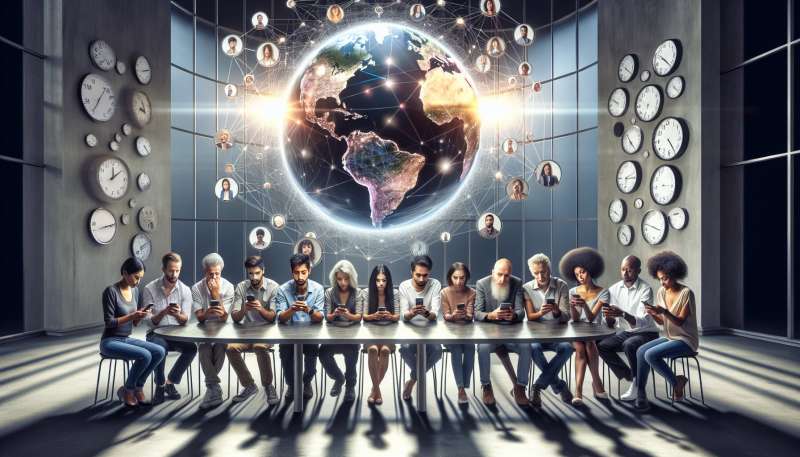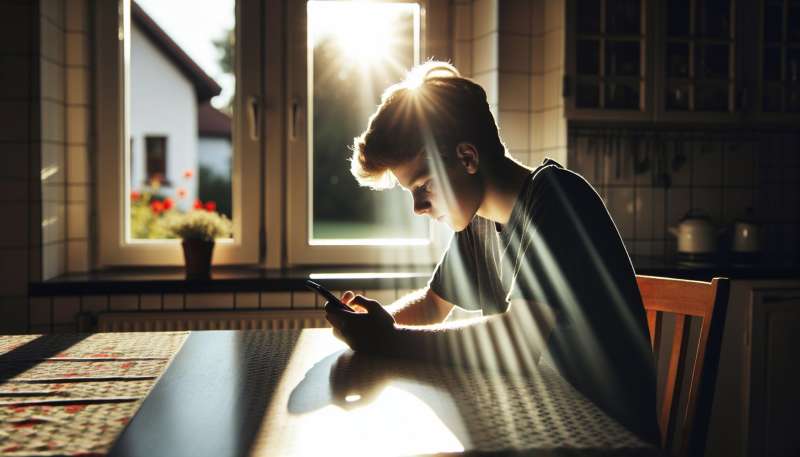
Introduction to Social Media
Social media has revolutionized communication, connecting billions globally. Its rapid growth affects various aspects of life, including mental health, with significant and nuanced impacts.
Social Media's Dopamine Hit
Receiving likes and comments activates the brain's reward system, releasing dopamine. This can create addictive patterns of behavior, akin to gambling, urging users to seek constant social media validation.
Sleep Disruption Concerns
Excessive nighttime social media use disrupts sleep patterns. The blue light from screens suppresses melatonin production, contributing to insomnia and affecting overall mental health.
The Comparison Trap
Social media often showcases idealized lives, leading to unfair comparisons and feelings of inadequacy. This 'comparison trap' can exacerbate anxiety, depression, and lower self-esteem in users.
Cyberbullying's Mental Toll
Cyberbullying is a pervasive issue on social media, with victims experiencing increased rates of depression, anxiety, and even suicidal thoughts. It's a unique challenge that didn't exist before social media's rise.
Positive Effects and Support
Not all impacts are negative. Social media can offer support networks for those struggling, providing a sense of belonging and access to mental health resources that may not be available offline.
Conclusion: Balanced Use
Balanced social media use is key. Mindful engagement, setting time limits, and participating in positive interactions can mitigate negative mental health effects, fostering a healthier online experience.
What does social media growth impact?
Only global communication
Just mental health
Various aspects of life
Company